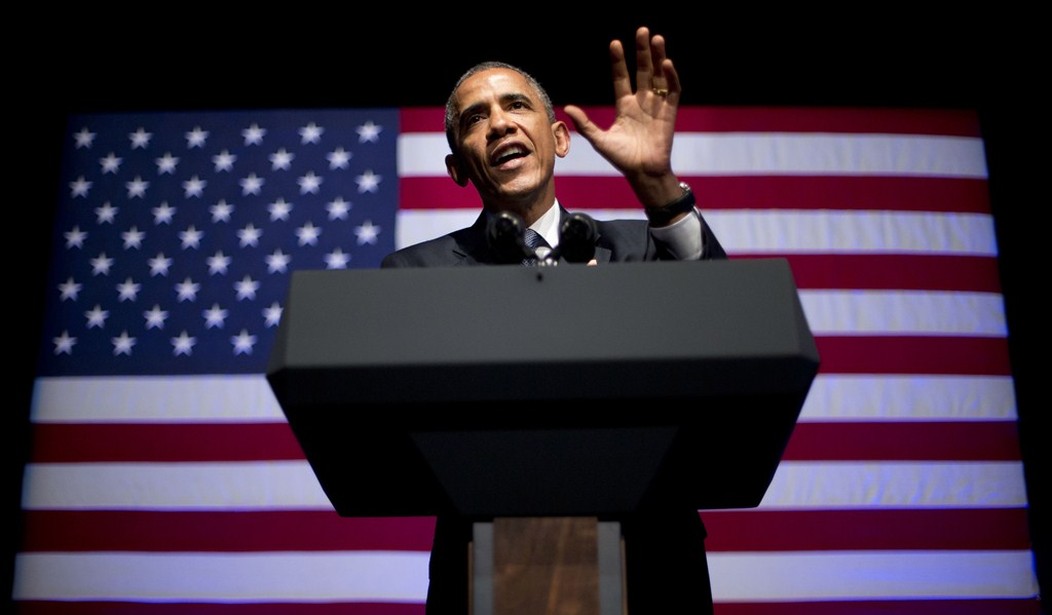One of the many challenges of being libertarian is that people sometimes think you’re naive about foreign policy (sort of like the first entry in this 24-part satirical collage of libertarians).
In large part, I think that’s because they confuse non-interventionism with pacifism.
To elaborate on why they’re wrong, I’ve shared some thoughts from Mark Steyn, George Will, and Steve Chapman on the libertarian mindset on foreign policy. And to augment their analysis, here’s John Stossel’s very good synopsis of the clear-headed libertarian approach.
Most libertarians believe our attempts to create or support democracy around the world have made us new enemies, and done harm as well as good. …Some conservatives respond to that by calling us isolationists, but we’re not. I want to participate in the world; I just don’t want to run it. …it’s realistic to acknowledge that America has dangerous enemies, it’s also realistic to acknowledge that going to war is not always worth the loss of money and lives, and that it makes new enemies. War, like most government plans, tends not to work out as well as planners hoped.
And in a version of Mitchell’s Law, he points out that screwups become the excuse for further mistakes.
Occasionally government acknowledges mistakes in domestic policy — but that doesn’t mean it then becomes more efficient. It usually just spends more to try, and fail, to fix the problem. It’s the nature of government. Politicians don’t face the competitive incentives that force other people to make hard decisions. Candidate Obama garnered support by criticizing Bush for costing money and lives through a protracted stay in Iraq. But that didn’t stop Obama from putting more money and troops into Afghanistan. …Our military should be used for defense, not to police the world.
Recommended
So where exactly does Obama fit? He’s obviously not a neo-con, but how should he be characterized?
My colleague at Cato, Gene Healy, writes that the President has stumbled upon a good guide for foreign policy.
…there’s something to be said for President Obama’s latest foreign-policy maxim: “don’t do stupid stuff.” …Yet “DDSS” has been greeted with contempt by the D.C. commentariat. “How far we have come from the audacity of hope, yes we can” moans David Rothkopf, publisher of Foreign Policy magazine. “DDSS” just isn’t an “elevating notion,” he complains. (Neither, I suppose, is the Hippocratic Oath.) …The concept of avoiding catastrophic error shouldn’t be hard to grasp.
But having a good guide doesn’t mean anything if you don’t live up to it (just like Bush didn’t live up to his pronouncement that he wanted America to have a “humble” approach to the world).
It’s true that Obama has never lived up to the cautious foreign policy maxim he’s coined: launching a destructive “dumb war” in Libya, doubling down on Afghanistan with precious little to show for it. But “DDSS” is a sound, even noble, foreign policy goal, one that can help us avoid further sacrifice of American blood and treasure — even as we try to extricate ourselves from past stupidities.
I add my two cents to this discussion, pointing out in this interview about Ukraine that Obama sometimes veers in the direction of libertarianism. Or at least non-interventionism.
Unfortunately, I suspect that Obama doesn’t genuinely believe in non-interventionism. Instead, he sometimes winds up doing the right thing because of passivity rather than some underlying and principled desire to avoid foreign entanglements.
Speaking of libertarian foreign policy, this Steve Breen cartoon is a pretty good summary of what we’ve been doing in Afghanistan for the past decade.
This reminds me of being in a coalition meeting last decade and somebody from the Bush Administration was saying the mission was a success because tax dollars had been used to build a bunch of schools and sewer system in Afghanistan.
Being the disagreeable type, I pointed out that the federal government shouldn’t even build schools and sewers in America, so why on earth were we doing that overseas.
I thought it was a good point, but the silence in the room reminded me that libertarians aren’t always the most persuasive people.


























Join the conversation as a VIP Member